Corrosion Inhibitor
Definition
A corrosion inhibitor is a chemical compound that, when added in small concentrations to a corrosive environment, decreases the corrosion rate of a metal or alloy.
Types of Corrosion Inhibitors
Anodic Inhibitors – Form protective oxide films on the metal’s anodic areas (e.g., chromates, phosphates, molybdates).
Cathodic Inhibitors – Reduce the rate of cathodic reactions (e.g., zinc salts, arsenates).
Mixed Inhibitors – Affect both anodic and cathodic processes (e.g., amines, organic acids).
Volatile Corrosion Inhibitors (VCIs) – Vaporize and form a protective layer on metal surfaces in enclosed spaces (e.g., dicyclohexylamine nitrite).
Organic Inhibitors – Contain heteroatoms (N, O, S, P) and adsorb onto the surface via lone pair electrons (e.g., imidazolines, amines, thiourea).
₦85,000.00
Description
A corrosion inhibitor is a chemical compound that, when added in small concentrations to a corrosive environment, decreases the corrosion rate of a metal or alloy.
Corrosion inhibitors work by forming a protective film or barrier on the metal surface or by interfering with electrochemical reactions that cause corrosion.
They may:
Adsorb onto the metal surface to block active corrosion sites.
Alter the electrochemical potential of the metal.
React with corrosive agents to neutralize them.
Types of Corrosion Inhibitors
Anodic Inhibitors – Form protective oxide films on the metal’s anodic areas (e.g., chromates, phosphates, molybdates).
Cathodic Inhibitors – Reduce the rate of cathodic reactions (e.g., zinc salts, arsenates).
Mixed Inhibitors – Affect both anodic and cathodic processes (e.g., amines, organic acids).
Volatile Corrosion Inhibitors (VCIs) – Vaporize and form a protective layer on metal surfaces in enclosed spaces (e.g., dicyclohexylamine nitrite).
Organic Inhibitors – Contain heteroatoms (N, O, S, P) and adsorb onto the surface via lone pair electrons (e.g., imidazolines, amines, thiourea).
Applications
Oil and gas industry (pipeline protection)
Cooling water systems
Boilers and heat exchangers
Automotive antifreeze and fuel systems
Metal processing and storage
Advantages
Cost-effective corrosion control
Easy to apply in existing systems
Extends equipment lifespan
Limitations
Some inhibitors are toxic or environmentally hazardous (e.g., chromates).
Effectiveness depends on concentration, temperature, and environment.
May require continuous dosing for effectiveness.

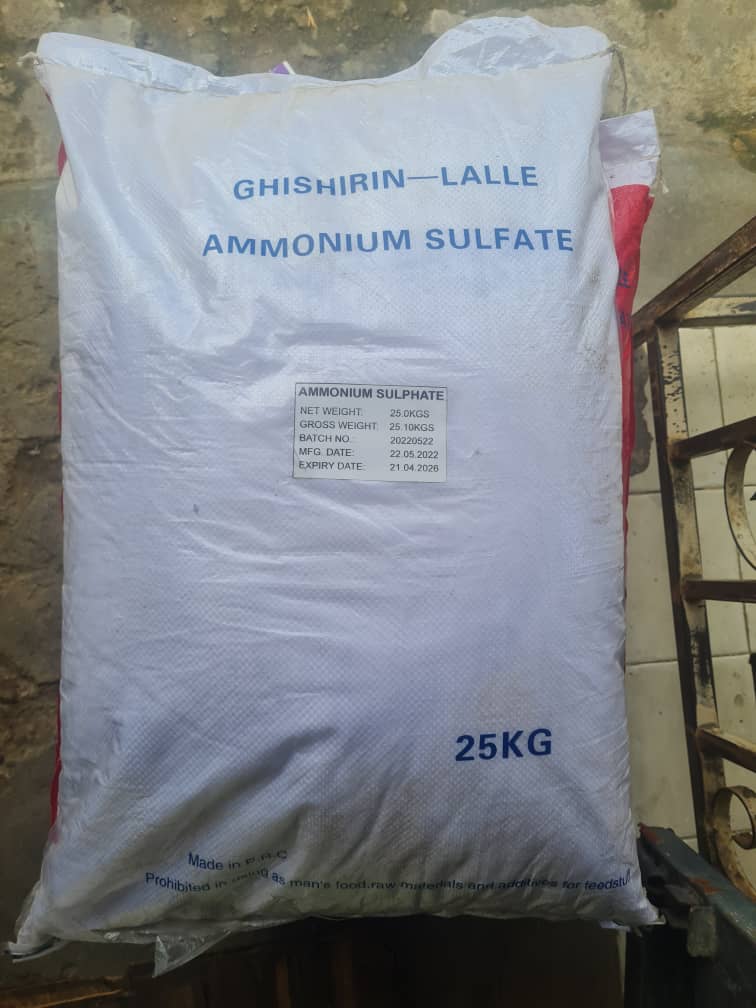
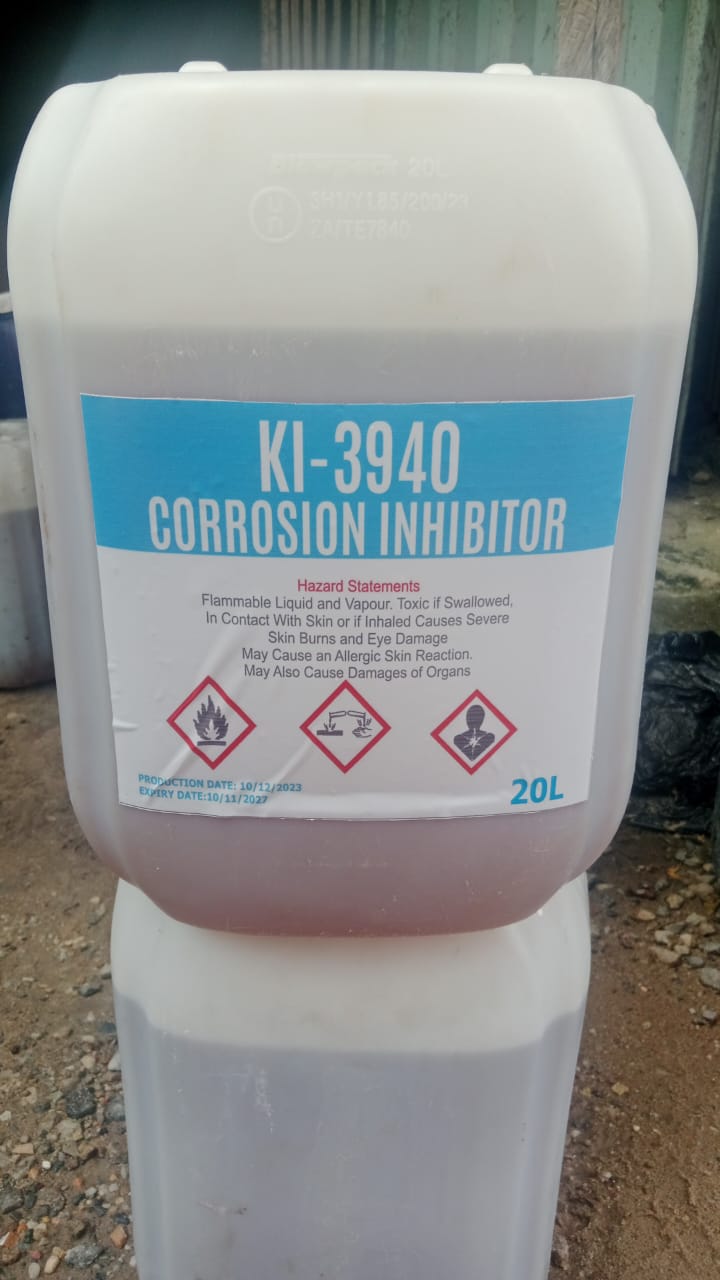
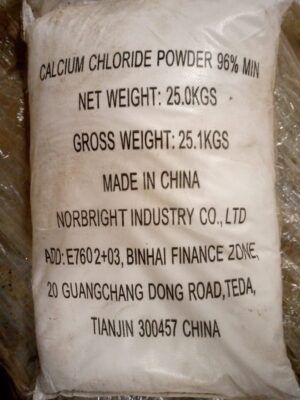
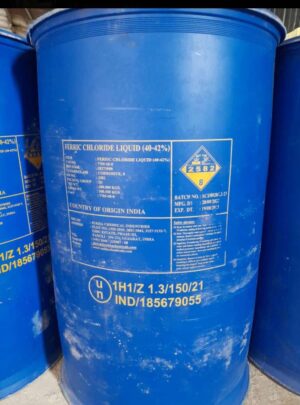
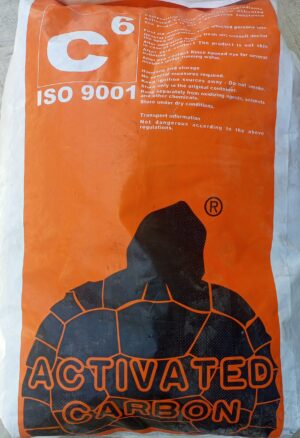
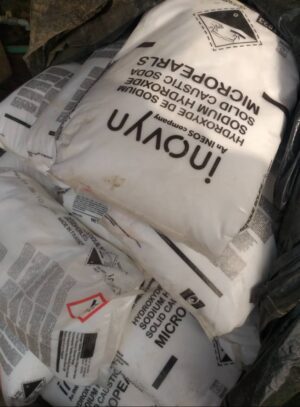
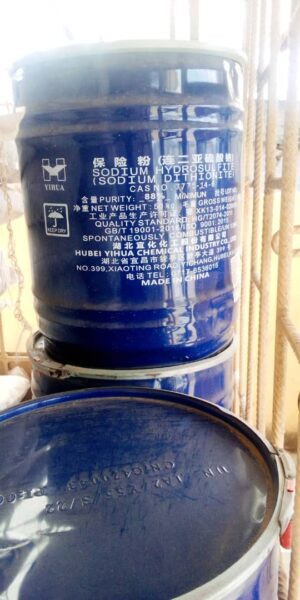
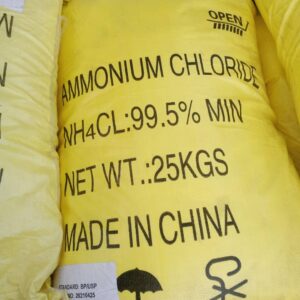
Reviews
There are no reviews yet.